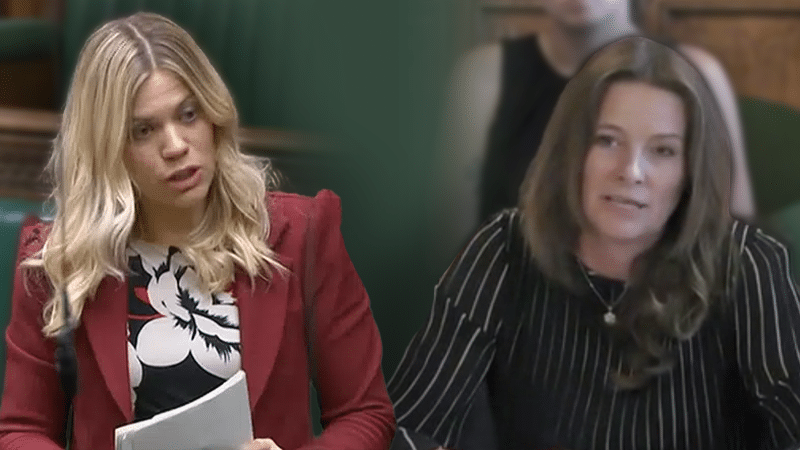The new Education Secretary has been quizzed on how she intends to tackle the promotion of politically contested ideas in the classroom.
In Gillian Keegan’s first appearance before the Education Committee, MPs pressed the Secretary of State on whether teaching “one political idea to the exclusion of all others” amounted to “indoctrination” and on the need for parents to be informed of their right to know what is being taught in school.
Earlier this year, the Department for Education published guidance to explain the legal requirements relating to political impartiality in schools.
‘Partisan’
Miriam Cates MP referred to a recent YouGov poll, which found that 75 per cent of children had been exposed to critical social justice theories in school.
She explained: “by that I mean critical race theory – so the belief that the organising principle of society is racism, gender theory – the idea that there are many genders and that everyone has a gender identity”.
Mrs Cates continued: “of those three quarters of British children who’d encountered those theories in schools, 68 per cent said they had been taught those ideas as fact, without alternative views being on offer, or told that the alternative views were not respectable”.
The MP then asked Keegan: “do you think teaching them as fact is politically partisan?”
“It is important to note that many ongoing ethical debates and topics will constitute a political issue. This can be the case even when the main political parties and other partisan groups agree on a view, but there is not a wider consensus in public opinion. Instead, there is continued debate, where different legitimate views are expressed.”
‘Safeguarding’
Mrs Cates reminded the Education Secretary the “reason that indoctrination in schools is illegal” is because “in a democratic society it’s very important that schools, who represent the State, don’t impose political views on children”.
But, she continued: “these findings show that unfortunately a huge proportion of our children are being taught as fact theories that the wider population don’t adhere to”.
Cates also called for the Department for Education’s promised guidance on transgenderism to be based on “safeguarding and evidence and not an attempt to balance contested views amongst children who are not old enough to entertain those ideas”.
Her colleague Nick Fletcher MP raised the issue of “books written by activists” finding their way into schools and asked the Secretary of State how this could be prevented.
Response
Responding to the concerns raised, Keegan encouraged parents to approach schools to challenge the promotion of ‘partisan theories’ and addressed recent incidents of headteachers withholding controversial sex ed materials from parents.
She confirmed schools “can show resources to parents in person without infringing an external providers’ copyright in the resource” and warned them to “avoid entering into private contracts with commercial providers that seek to restrict their right to show [the materials]”.
MP: ‘Kids exposed to deeply inappropriate and explicit sex ed materials’
Schools’ sex ed provider tells over 14s about violent sex acts
Schools’ sex ed provider tells over-14s prostitution is ‘rewarding



